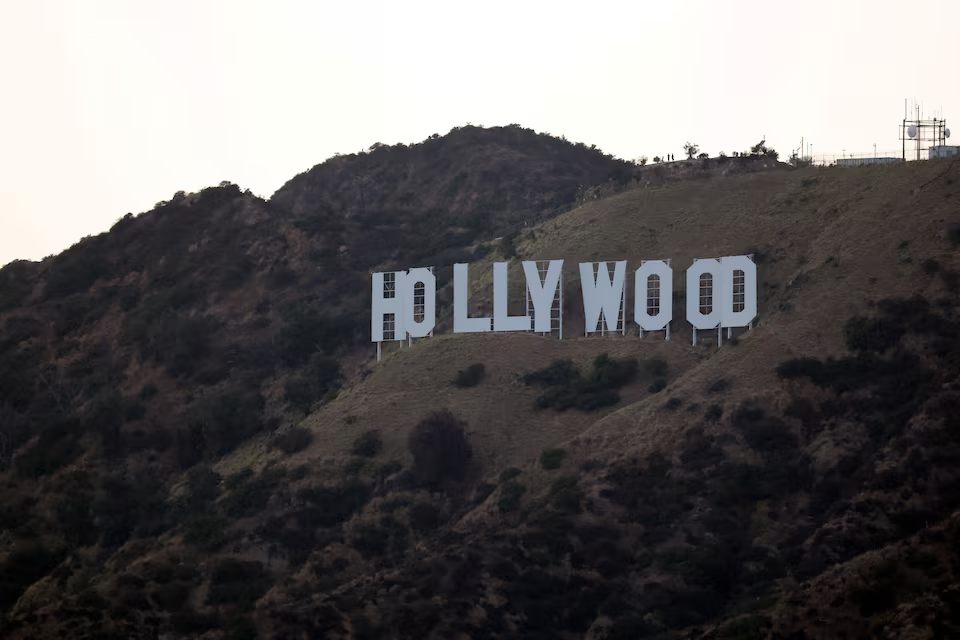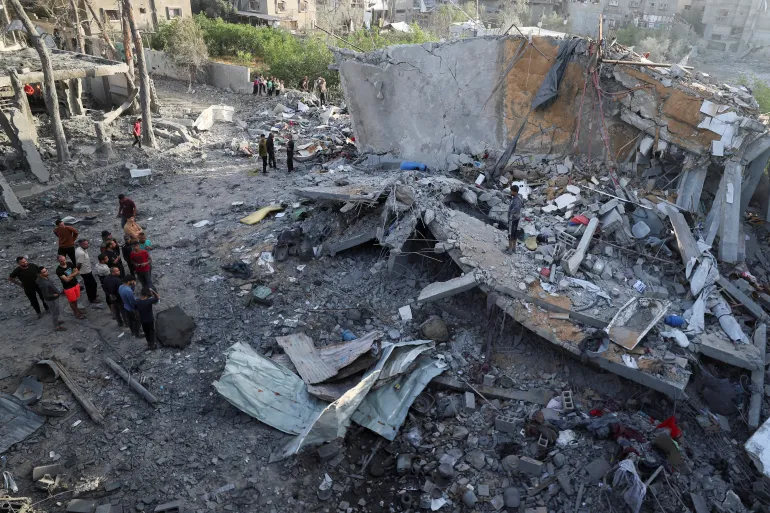On May 4, 2025, U.S. President Donald Trump announced a 100% tariff on all movies produced outside the United States. He cited the declining domestic film industry and the aggressive incentives offered by foreign governments to lure American filmmakers as primary reasons for this decision. Trump labeled the situation a “national security threat,” emphasizing concerns over messaging and propaganda. He authorized agencies like the Department of Commerce to implement the tariff immediately.
Commerce Secretary Howard Lutnick confirmed the initiative on social media, stating, “We’re on it.” However, neither Trump nor Lutnick provided specific details on how the policy would be enforced or whether it would impact both foreign and American production companies operating abroad.
The move comes amid a broader shift in global film production, with countries offering competitive tax credits and rebates to attract projects. Global film and television spending is projected to reach $248 billion in 2025. In contrast, Los Angeles has experienced a decline in production activity, down nearly 40% over the last decade.
Critics, such as former Commerce official William Reinsch, warn that retaliatory measures from other countries could severely harm the U.S. film industry. Reinsch argued that the national security justification is weak and the economic risks are high, stating, “The retaliation will kill our industry. We have a lot more to lose than to gain.”
This policy follows Trump’s previous impositions of tariffs that have disrupted global markets and led to fears of a U.S. recession. The administration’s stance reflects a broader protectionist approach to trade and industry.
Source: Reuters



